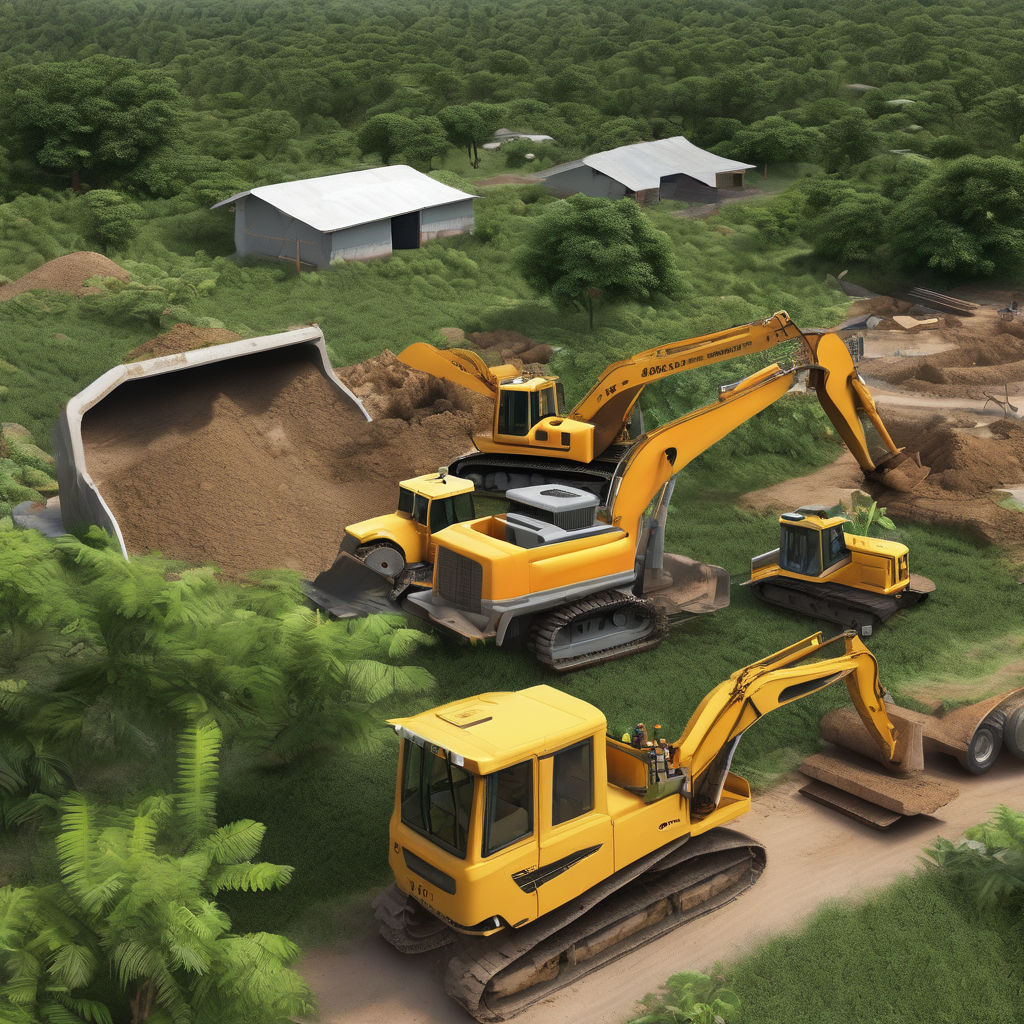The Government of Fiji has announced an investigation into the stalled $2.6 million water reservoir project at Rara Housing in Labasa, which was intended to provide piped water access to approximately 25,000 residents in the region. Initially conceived in 2014 by the Water Authority of Fiji, this project was designed to supply clean water to the communities of Wailevu District, Rara subdivision, and Tabia. However, nearly a decade later, the second phase of the project remains unstarted, forcing residents to rely on boreholes and creeks for their water needs.
Infrastructure Minister Ro Filipe Tuisawau has stated that he will seek an update regarding the status of the project from the Water Authority, emphasizing the urgency and importance of this infrastructure endeavor. While he did not confirm or deny specific issues such as leakages affecting the reservoir, allegations regarding its incomplete state have raised significant concerns among locals.
In the 2025 to 2026 financial year, funding is allocated for water main extensions along a 19-kilometer stretch from Wailevu to Tabia, which will support the construction of a new water pump station and a two-megalitre reservoir in Vatudova. These developments are crucial for addressing the chronic water shortages faced in these areas.
This situation underscores a widespread issue across various regions in Fiji, where many communities have experienced longstanding water supply challenges. For instance, similar efforts in the Northern Division, including significant investments that total around $218 million over the next thirty years, aim to upgrade water supply infrastructure, benefiting numerous households. Projects like the Dagau Main Extension and Nabekavu to Dogoru Mains Extension have been launched to improve access and reliability of water.
Furthermore, the government is also focusing on other essential water infrastructure projects, such as the $40 million Princess Road Water Infrastructure Project, aimed at resolving water supply inconsistencies in areas like Colo-I-Suva and Tacirua. Such initiatives highlight the government’s commitment to tackling these pressing challenges and improving the quality of life for residents facing water supply issues.
Optimism remains as authorities continue to develop infrastructure aimed at delivering reliable water resources. The government’s proactive approach to resolving these long-standing issues suggests that affected communities may soon experience tangible improvements in water accessibility.
